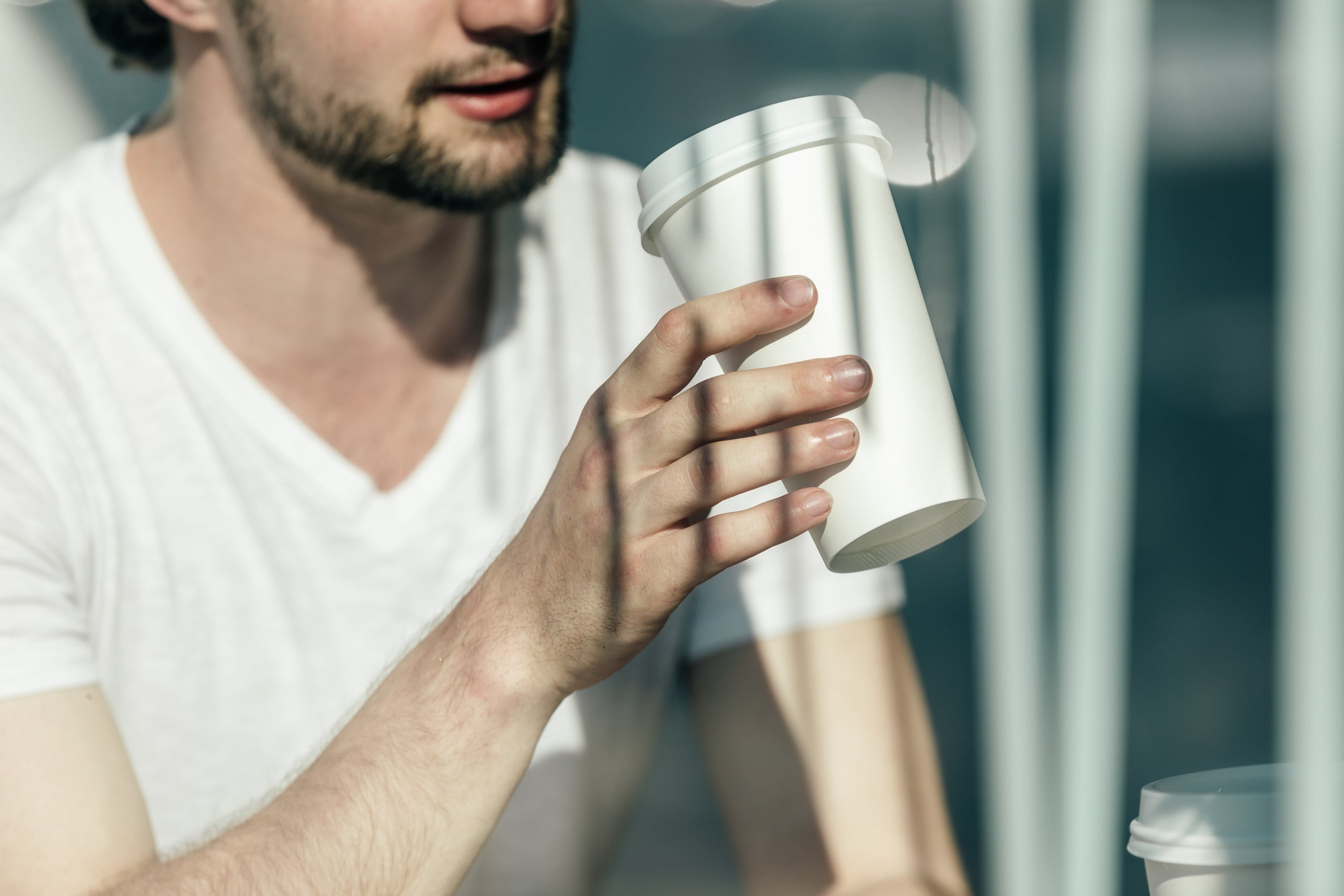
Can Coffee Make You Dehydrated? Separating Myth from Reality
Coffee is a go-to beverage for millions around the globe, cherished for its energy-boosting caffeine content and comforting flavour. But one question lingers for many: Does coffee make you dehydrated? Let’s dive into the science, myths, and facts behind coffee’s relationship with hydration.
The Myth: Coffee as a Dehydrating Drink
The idea that coffee causes dehydration stems from its diuretic effects. Caffeine, the main active compound in coffee, can stimulate your kidneys to excrete more sodium and water, potentially leading to increased urination. This has led to the widespread belief that coffee dehydrates the body.
But is it really that simple? Science suggests otherwise.
The Reality: Coffee Contributes to Hydration
While caffeine does have a mild diuretic effect, research has shown that moderate coffee consumption does not lead to dehydration. In fact, the water content in coffee offsets the fluid loss caused by increased urination.
Key Research Findings:
- Hydration Balance: Studies have demonstrated that coffee, when consumed in moderation (3-4 cups per day), contributes to daily fluid intake just like water or other beverages.
- Diuretic Tolerance: Regular coffee drinkers develop a tolerance to caffeine’s diuretic effects over time, making it less impactful on their hydration levels.
- Similar to Water: A study published in PLOS ONE found no significant difference in hydration levels between individuals drinking coffee versus those drinking water.
How Coffee Affects Your Body
- Short-Term Diuretic Impact: Yes, coffee can cause a temporary increase in urination, especially for those unaccustomed to caffeine. However, this effect is mild and doesn’t result in net fluid loss.
- Electrolyte Balance: Coffee does not deplete essential electrolytes like sodium or potassium in healthy individuals, making it a safe hydration option.
- Context Matters: Coffee’s effects can vary depending on individual factors like body weight, tolerance, and overall fluid intake.
When Coffee May Contribute to Dehydration
While coffee itself isn’t inherently dehydrating, certain situations may amplify its effects:
- Excessive Consumption: Drinking more than 5-6 cups daily may increase urination beyond what the water content in coffee can replenish.
- Paired with Low Water Intake: If coffee is your sole source of fluid throughout the day, dehydration becomes more likely.
- Physical Activity: Drinking coffee before vigorous exercise may accelerate fluid loss, especially in hot weather. Hydrate with water before and after workouts.
How to Enjoy Coffee Without Worrying About Dehydration
- Drink in Moderation: Stick to 3-4 cups a day to balance caffeine’s effects while benefiting from coffee’s hydrating properties.
- Alternate with Water: Pair coffee with water to maintain a steady fluid intake throughout the day.
- Watch for Signs: Stay mindful of dehydration symptoms like dry mouth, dark urine, or fatigue, and adjust your intake accordingly.
- Consider Timing: Avoid relying solely on coffee for hydration during long flights, workouts, or hot climates.
Conclusion: Coffee is Not Your Hydration Enemy
The myth of coffee as a dehydrating drink doesn’t hold up under scrutiny. In moderation, coffee not only provides a boost of energy but also contributes to your daily fluid intake. Understanding its effects and pairing it with good hydration habits ensures you can enjoy your favourite brew without worry.
So sip away and savour your coffee, knowing it’s not sabotaging your hydration goals - it’s enhancing your day! ☕
Do you think coffee impacts your hydration? Share your thoughts!